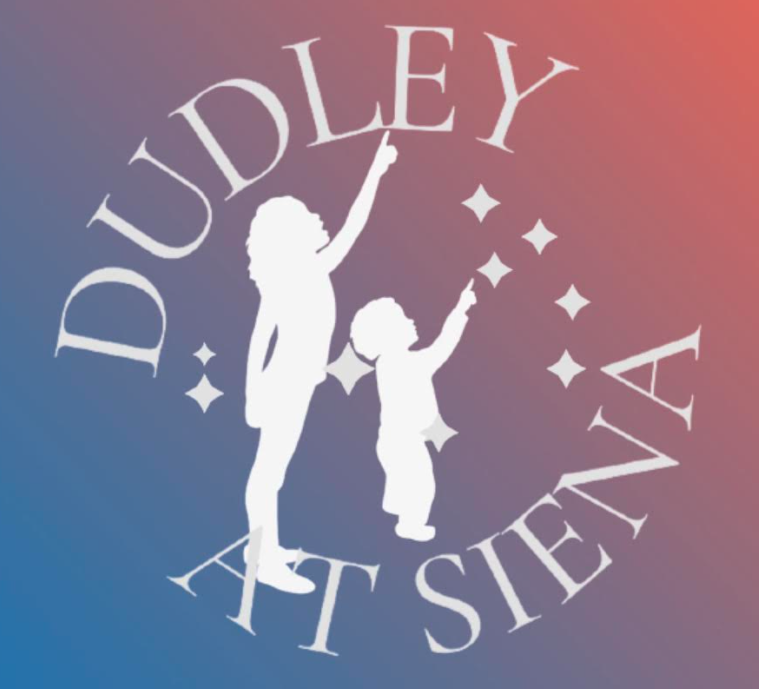Uncategorized
From the Collection: Groundbreaking Soil
As a museum worker, it’s always nice to have things in your collection that are a little unconventional. Books and artworks are great, but there’s something fun about having a…
Read MoreFrom the Library: “Radial Velocity of the Andromeda Nebula”
If you were to list the great astronomers of the last century, just based on your own memory, it’s a safe bet that Vesto Slipher would not be a name…
Read MoreUnprofessional Science
In a previous post, I mention the “professionalization of science,” a cultural shift in which Dudley had a part to play. It immediately raises the question, what exactly does “un-professional…
Read MoreHarry Raymond (1876-1961)
A great “thank you” to Dorothy Matsui of Redmond, WA, for finding us and sending us material from her grandfather, Harry Raymond. Raymond was an astronomer for Dudley from 1905…
Read MoreFrom the Collection: Polsey Clock
This piece is a bit of a mystery. It comes down to us simply as the “Polsey Clock.” Our other clocks come from famous makers, but Polsey is virtually unknown.…
Read MoreOdds and Ends: Elizabeth Cady Stanton
Throughout its history, Dudley Observatory has had a weird sort of half-fame. Yes, it’s a modest observatory in smAlbany, but there have been a lot of eyes upon it. Particularly…
Read MoreFrom the Collection: Meteorites
Dudley has a nice collection of meteorites. Modest is number, but with a good range. Granted, the bulk of them are micrometeorites embedded in some kind of material, but we’ve…
Read MoreOrmsby MacKnight Mitchel
Founding of the Cincinnati Observatory (quoted below) The Cincinnati Observatory was founded by Ormsby MacKnight Mitchel, who, as a Professor at Cincinnati College in 1842, generated public enthusiasm for astronomy through…
Read MoreFrom the Collection: Riefler Clock
While a telescope may be the most valuable piece of equipment found in an observatory, a close second is the clock. Through most of Dudley’s history, the type of astronomical…
Read MoreDr. James Armsby
In a previous post, I mentioned that Dudley had benefited from two institution builders, the first being Ormsby Macknight Mitchel. Mitchel was an energetic founder of observatories and lecturer on the…
Read More